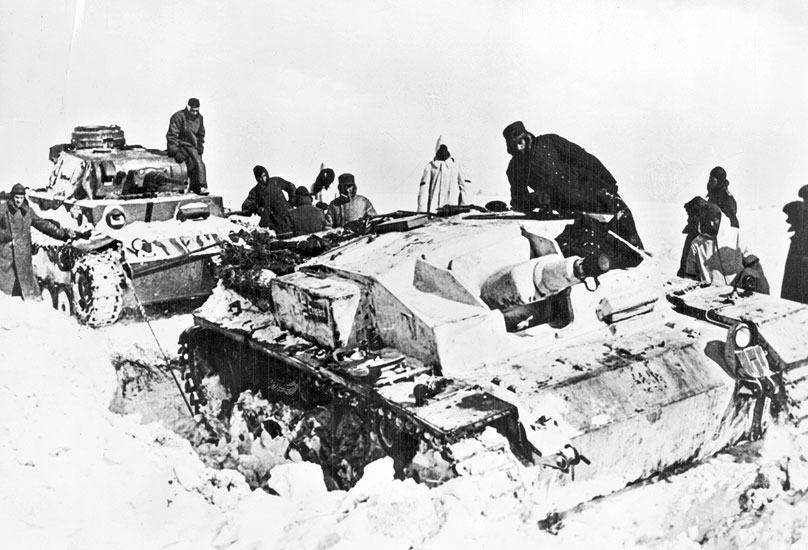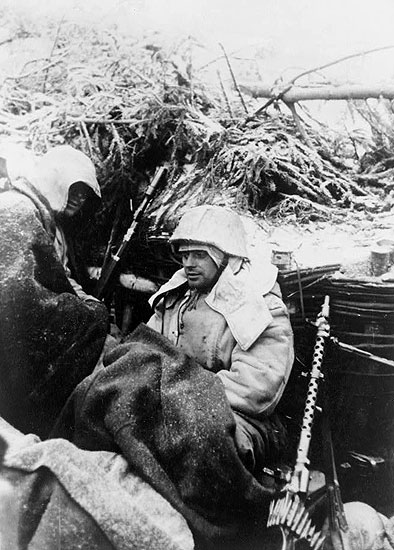Unquiet skies: clashes between weather and humanity
The historical context of a winter freeze: the Battle of Moscow, World War II
By RILEY WILSON
Last Monday’s hurricane hit wasn’t the only instance where a temperature change affected the outcome of events.
During World War II, an early winter freeze in Russia helped to hamper the German military’s advance on Moscow, according to Len Latkovski, a history professor at Hood College.
“The German army’s attempt to capture Moscow was affected considerably…by the early severe winter freeze,” Latkovski said. “It was the most severe winter freeze in about 50 years and it was early, which caught the Germans by surprise.”
Latkovski said, “The Germans were not prepared for a winter and really did not have winter gear, so that’s a contributing factor.”
The mud of the Russian roads, a normal aspect of the roads in the fall, gave way to issues for the German army when the early winter freeze caused the mud to freeze onto the German military equipment, according to Latkovski. “Their equipment –wagons, artillery pieces, even trucks and tanks– were now stuck in frozen mud,” Latkovski said.
“In cold weather, it’s just more difficult for those vehicles to start up or operate,” Latkovski said, “so, the weather caused tremendous complications.”
In addition, the German soldiers were not dressed properly for the cold, according to Latkovski. The frigid temperatures forced the soldiers and their horses to suffer from cold and frostbite.
The frigid cold not only burdened the German military, but “it also played into the hands of the Soviet army, which was in desperate straits,” Latkovski said. According to Latkovski, the German military was within sight of Moscow, only roughly 20 miles away.
Latkovski said that the Soviet military utilized Siberian troops who were well equipped for the winter, in contrast with the poorly prepared German soldiers. “Not only was that a strategic surprise, but it was also an element of properly prepared troops for the conditions,” Latkovski said.
“This very severe early winter clearly affected the outcome of the Battle of Moscow,” Latkovski said. “That doesn’t mean it was the definitive factor; we can say that the weather contributed greatly to the German defeat.”

German tanks caught in snow in Russia, photo courtesy of pbs.org.
What factor do you think most affected the Germans' failure in Russia?

German soldiers fight the cold, image courtesy of pbs.org.